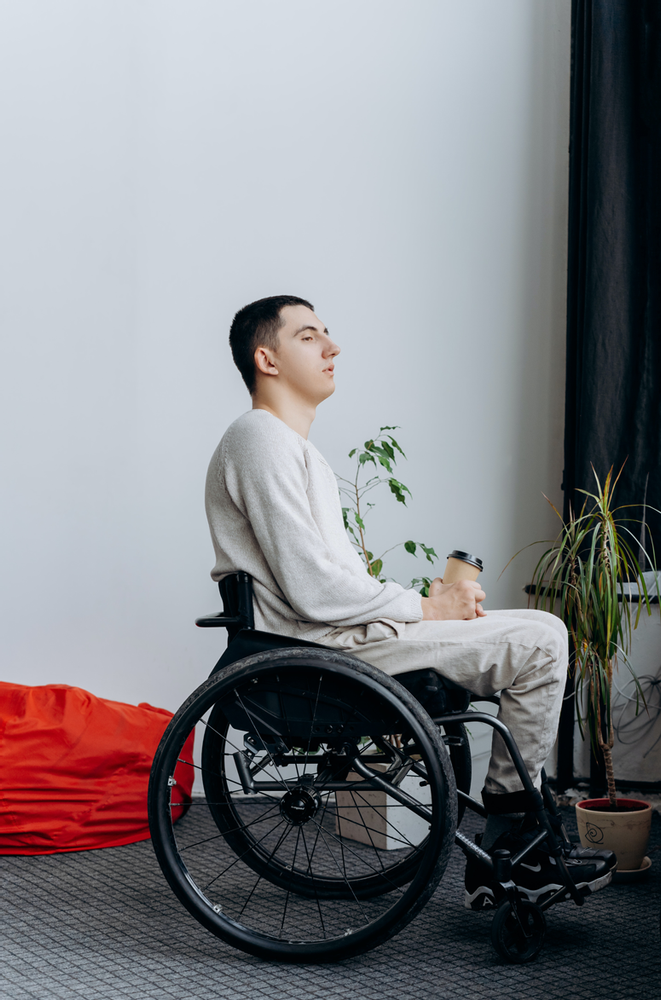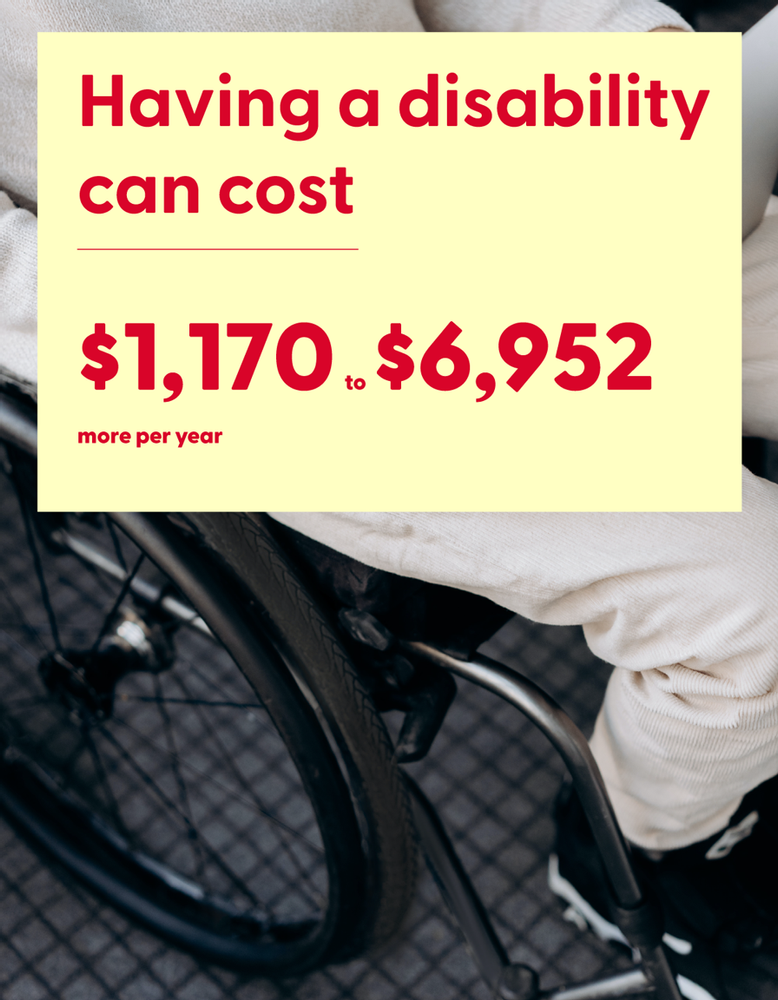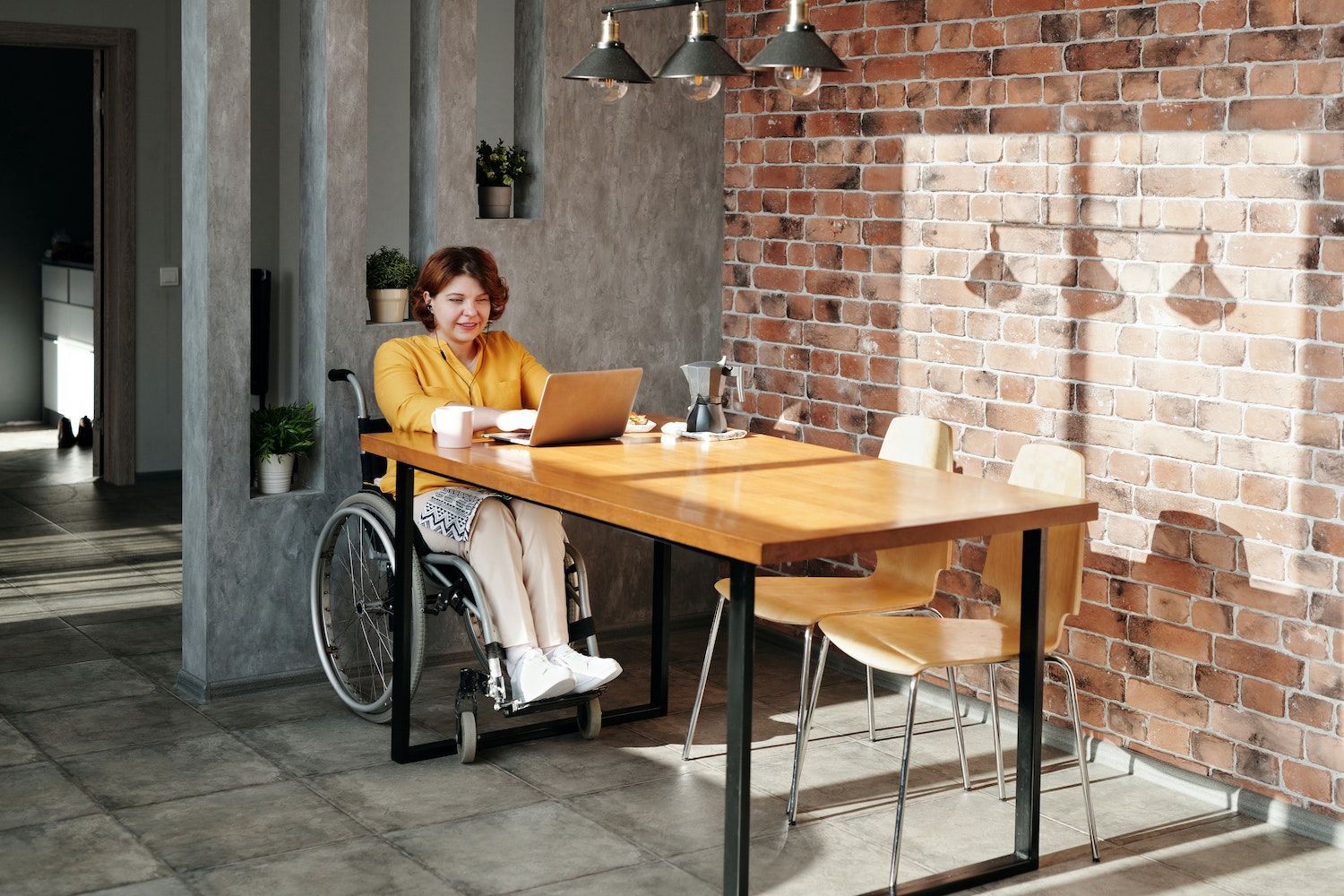In 2017, I was freelancing full-time in between jobs, while waiting to hear back from a few prospective full-time jobs I was excited about. I signed on to write a few short advertorials for a new client and we had a client call to discuss the specifics. Then I had an unexpected flare-up of symptoms from my disability, Ehlers-Danlos syndrome, which causes chronic pain and can make it hard to concentrate and keep my focus. I let my client know right away and communicated that I thought the advertorials should be assigned to someone else because they were time-sensitive and I wasn’t sure when I’d be back to work, but that I was happy to take on another round after I was. The next day, I found that my client, a former social media connection, had de-friended me on Facebook, un-connected from my LinkedIn, and ghosted me on any future work, all for being transparent and upfront about my deadline.
When I first started freelancing, I found it freeing to set my work hours and make money on my own schedule. But while there are many benefits to disabled and chronically ill freelancers, freelancing isn’t free of ableism, and disabled freelancers face barriers.
Freelancing is especially difficult for disabled people who are full-time freelancers. Despite the many pros of freelancing, there are major cons—including a lack of employee benefits and paid sick time (or paid time off at all). And while those may sound like choices, the reality is that many disabled people end up freelancing full-time due to a lack of options: They can’t find a full- or part-time job that will accommodate their disability or they experience discrimination during the hiring process. According to the U.S. Bureau of Labor Statistics, disabled people are almost twice as likely to be self-employed than nondisabled people, and many companies hire ‘permalancers’ (freelancers who work full-time or part-time hours for years but with no benefits) in lieu of employees to keep costs down. I’ve been hired to do jobs in the past that I knew my clients should be finding a part- or full-time employee before, and I’ve had to leave permalance situations because I wasn’t being treated fairly or didn’t believe I could effectively do everything the client wanted me to do unless they were ready to start paying me as an employee.

Freelancers don’t have benefits like PTO and sick time
As a disabled freelancer, it’s freeing to know that you can work any hours you want and feel most up to working, even if that schedule changes from day to day. But one of the downsides of freelancing full-time, if you’re not doing it on top of a full-time or part-time job, is the lack of benefits.
A full-time freelancer doesn’t have access to employee benefits such as paid time off, sick time, short-term or long-term disability, health insurance, parental leave, or bereavement leave. As a freelancer, for example, it’s up to you to make sure that you can afford to take off two weeks for your honeymoon. However, that can leave freelancers in a serious bind when the time off is unexpected, such as needing to take time off to help a family member who has a severe case of COVID-19 or to grieve a loved one. When my dad died unexpectedly last November, I had to let my clients know that I would be completely unavailable without any notice—while losing the pay I would normally get for that work.
Unless you happen to have health insurance through other means, freelancing also often means forgoing health insurance since you don’t get employee insurance. For several years, I was in between health insurance—I was a full-time freelancer, but I made too much money at times to qualify for state-funded insurance. It left me completely uninsured since I couldn’t afford to pay out of pocket; I simply didn’t go to the dentist, asked my doctor to fill my medications without seeing me (thank god she did), and hoped that I didn’t get into an accident or have an unexpected serious illness. I can’t even imagine that kind of uncertainty during a global pandemic where many disabled people are high-risk for serious complications from COVID-19.
Freelancers rely on clients for flexibility, without workplace protections
As a full-time freelancer, the lack of paid time off can be particularly concerning, as can the lack of workplace protections. Disabled freelancers have to rely on individual client attitudes every time they need flexibility or grace, whether it’s because they have a flare-up of symptoms and need extra time to finish the project or because they simply have planned out-of-office time coming up. I was once let go from an ongoing freelance role I’d had for months because I gave my client over a month’s notice that I would be out of the office and unavailable for a week for my wedding. Many clients are more understanding than that; one of my favorite editors gave me all the extra time I needed on a time-sensitive article when my dad died. Since the article was tied to the holidays, she didn’t have to do that, but decided to honor our contract and let me guide when I was able to turn in the story.
What clients often don’t know is that flexibility often results in better, more successful work. I’ve always worked best when I’m not as concerned about when I do my work, as long as my deadlines are met (often exceeded) and I’m happy with the final project. Last month, I turned around a timely article about Sia’s forthcoming film Music in less than three hours, acquainting myself with the situation and the necessary background research while drafting a compelling analysis. The article ended up with over 1,000 retweets the day it was published, and my editor was thrilled. “It isn’t hard to hire disabled people,” she wrote on Instagram. “It’s not even dark outside yet, and we have a nuanced take on disability representation.”

Low rates are commonplace in some industries, especially journalism
Unfortunately, freelancers also often contend with low rates, which is troublesome for disabled people since disability carries an extra cost of $1,170 to $6,952 per year according to a 2017 study. I freelance primarily in journalism, book publishing, and communications, and it’s common for media outlets to routinely underpay their writers. I’ve been published in outlets like The New York Times, Teen Vogue, Cosmopolitan, and The Washington Post, and I regularly have to turn down requests to write for free (or very cheap) for magazines that don’t want to find ways to pay freelancers for their work.
Low rates have a negative impact on everyone, but make it especially hard for disabled people to make a living, especially if they’re considering the costs of expensive health insurance, medications, mobility aids, personal care assistants or home care, grocery delivery, home and vehicle modifications for accessibility, specialized accessible working equipment, and more. Disabled people in the United States are more than twice as likely to live in poverty, and underpaying disabled freelancers exacerbates this problem.
Internalized ableism shows up in freelancing, just as it does in full-time work
Disabled freelancers also have to contend with internalized ableism that shows up at work with their clients. Journalists and writers often find that editors are only interested in certain types of disability stories—that’s why so many journalism stories about disability rely too heavily on emotion out of the eight news values (proximity, timeliness, prominence, magnitude, conflict, oddity, impact, and emotion) and why inspiration porn (stories meant to portray people with disabilities as inspirational simply for existing) is so common.
Editors want to sanitize the disability out of stories if it doesn’t fit the mold of what they’re looking for, and a majority of disability stories are written from a white, cis, straight lens. There’s not much room for multiple marginalized people or stories that consider the nuances of what it means to be disabled. Clients might also discriminate against disabled freelancers the same way that employers do the moment we ask for accommodations—once they realize we need physical review copies of books instead of digital copies, or that we need to conduct interviews over email or specific recording technology due to a disability. They might simply decide that working with a disabled freelancer is “too hard,” write us off, and find someone else who can do the job, preferably faster and cheaper.
Clients shouldn’t write off disabled freelancers. We bring a valuable perspective to the table, and not just specific to disability (although many of us specialize in that and can provide excellent accessibility consulting). We’re trained as experts in our fields, whether that field is natural resource management, automotive repairs, or public health. And disabled people are nothing if not innovative, resourceful, and creative—after all, we’ve had to be just to exist in a world that’s so often inaccessible.
We deserve to be paid what we’re worth, hired for part- and full-time roles (if we want to be, since freelancing full-time can still be a choice), and offered competitive benefits. Clients need to make sure that they’re hiring freelancers for roles that freelancers are meant for, instead of using them as a replacement for staff and employees, or an ‘easy way’ to add diversity to a team without the cost of an employee. Clients also need to trust disabled freelancers to turn in stellar projects, and stop relying on outdated ideas about disability storytelling and representation. Let us guide the project; after all, that’s what we’ve been hired to do.
As one of my favorite disabled journalists and editors, Kelly Dawson, often says, “Hire disabled writers.” You’ll be glad that you did.





